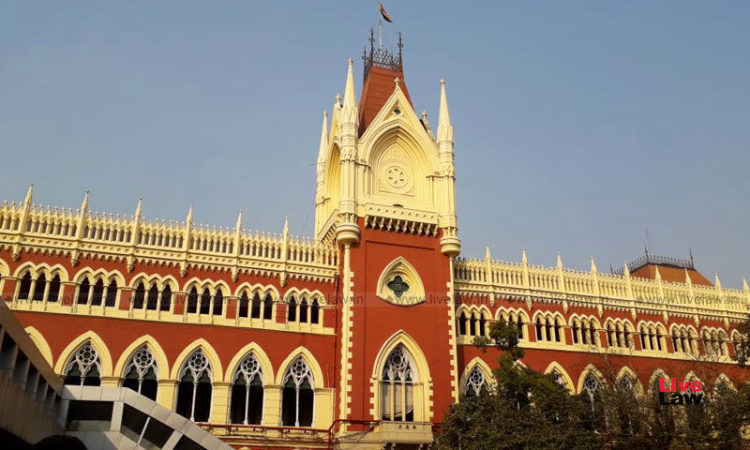Magistrate Denuded To Remand Accused Beyond 30 Days Once UAPA Offences Are Added To FIR: Calcutta High Court
Sparsh Upadhyay
6 Dec 2022 4:26 PM IST

Next Story
6 Dec 2022 4:26 PM IST
The Calcutta High Court recently held that once offences under UAPA are added to a case/FIR, a Magistrate is denuded of his power to remand the accused in terms of Section 167 of the Code of Criminal Procedure (as amended under UAPA) beyond a period of 30 days.The bench of Justice Joymalya Bagchi and Justice Ajay Kumar Gupta held thus as it concluded that a Magistrate neither has the power...
